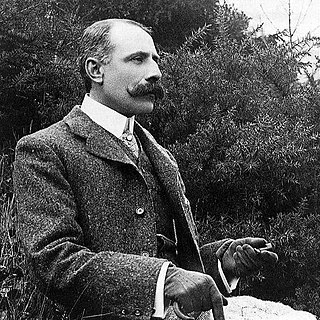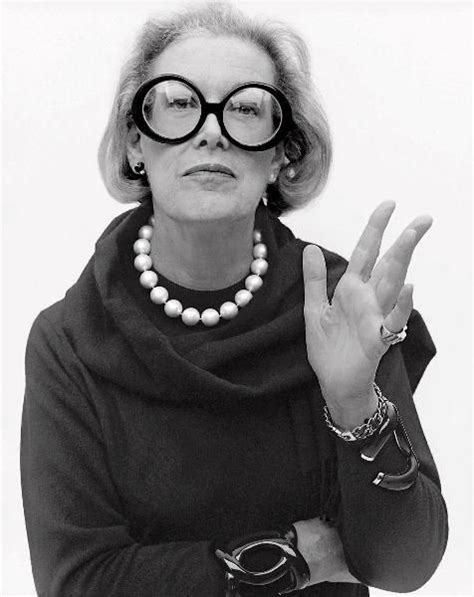A Quote by Stanley Marcus
Deciding taste is egotistical, but that's how taste is established, by somebody having the courage to say, 'I don't want to sell that.'
Related Quotes
An Englishman will take you into a large room, beautifully proportioned, and will point out to you that it is white- all over white- and somebody will say what exquisite taste. You know in your own mind, in your own soul, that it is not taste at all?that is the want of taste?that is mere evasion. English music is white and evades everything.
A good taste in art feels the presence or the absence of merit; a just taste discriminates the degree--the poco piu and the poco meno. A good taste rejects faults; a just taste selects excellences. A good taste is often unconscious; a just taste is always conscious. A good taste may be lowered or spoilt; a just taste can only go on refining more and more.

































